COPD, or Chronic Obstructive Pulmonary Disease, is a condition that can form through some severe lung diseases, such as chronic bronchitis and emphysema. Which makes a person’s life challenging, and the continuous progress of this condition can cause breathing problems. And living with chronic obstructive pulmonary disease (COPD) can be a really struggling phase, loaded with challenges that impact every aspect of life. This blog will provide you comprehensive information about the challenges which occur when living with COPD.
7 Major Challenges Arise While Living With COPD
1. Breathing Difficulties
Struggling for breath is a common challenge stemming from lung diseases. And it is a hallmark COPD symptoms—like breathlessness, wheezing, and persistent coughing—that makes everyday activities challenging. Climbing stairs, brisk walking, or even performing routine household work can leave a person struggling for air. This perpetual fight for air not only erodes life’s richness but also confines individuals from embracing physical activities completely.
2. Social Isolation
COPD doesn’t just affect the lungs; it infiltrates social interactions and relationships. Fear of breathlessness or coughing fits in public settings often leads to social withdrawal. The inability to keep up with peers or participate in social gatherings can breed feelings of isolation and loneliness. Over time, this social withdrawal can exacerbate depression and anxiety, further complicating the COPD journey.
3. Financial Strain
The financial burden of living with COPD extends beyond medical expenses. From frequent hospital visits to the cost of medications and supplemental oxygen, managing COPD can put a significant strain on finances. For some, the inability to work due to the disease further compounds their financial woes. Accessing quality healthcare and affording necessary treatments becomes a constant juggling act for individuals and families affected by COPD.
4. Mental Health
Living with COPD extends beyond the physical realm, because it’s affecting mental health as well. The constant juggle of symptoms, getting around physical limits, and dealing with an unpredictable future heightens anxiety and depression. Also, the slow decline and changes in lifestyle lead to frustration, anger, and sadness. Getting the right COPD treatment is paramount for comprehensive disease care, fostering resilience, and enhancing overall wellness.
5. Difficulty for Caregiver
Supporting someone who is living with COPD is really a hard challenge. Because caregivers do many things, like caring, and providing mental support. Watching a loved one struggle with shortness of breath is hard on the emotions. The physical strain and emotional toll can lead to burnout without adequate support. Acknowledging caregivers’ needs and offering resources and breaks are vital for their well-being.
6. Medication Adherence
Managing COPD disease typically involves a complex regimen of medications, inhalers, and therapies. However, adherence to these COPD treatment plans can be challenging, especially for those with multiple comorbidities or cognitive impairments. Factors such as medication cost, side effects, and forgetfulness can hinder adherence, compromising disease management efforts. Patient education, simplified medication regimens, and support from healthcare providers are vital in promoting medication adherence among individuals with COPD.
7. Accessibility Barriers
Those who are facing COPD might face some issues while get around in public places and on public transportation. Lack of accessibility features such as ramps, elevators, and designated seating areas can pose significant challenges. Even simple tasks, like opening heavy doors or walking long distances, can be exhausting. Addressing these accessibility barriers is crucial for fostering equality and ensuring that individuals with COPD can fully participate in society.
COPD Treatment
Chronic obstructive pulmonary disease is a really complicated and serious disease, but here are few COPD treatments which can help individuals overcome this COPD disease, which includes:
Lifestyle Changes:
- Quit smoking and avoid exposure to smoke and pollutants.
- Make a routine and do regular exercise to improve lung function and overall health.
- Maintain a healthy diet to support your immune system and energy levels.
Pulmonary Rehabilitation:
- Participate in pulmonary rehabilitation programs to learn breathing techniques.
- Gain knowledge about managing COPD symptoms and conserving energy.
- Benefit from support groups and resources available in rehabilitation centers.
Oxygen Therapy:
- Use supplemental oxygen as prescribed to improve oxygen levels in the blood.
- Understand the different delivery methods and safety precautions.
- Ensure proper maintenance and follow-up with your healthcare provider.
Surgical Interventions:
- Consider surgical options like lung volume reduction surgery or lung transplantation.
- Discuss potential risks and benefits with your healthcare expert.
- Follow post-operative care instructions diligently for better recovery.
Conclusion
Living with COPD presents a plenty of challenges that extend far beyond the physical COPD symptoms. From the relentless battle for breath to the toll it takes on mental health, finances, and social interactions, COPD can drastically alter a person’s quality of life. Caregivers also face significant challenges, while medication adherence and accessibility barriers further compound the struggle. Addressing these challenges requires comprehensive support systems, including access to quality healthcare, financial assistance, and societal accommodations, to empower individuals living with COPD to navigate their journey with resilience and dignity. COPD, perhaps challenging, but still manageable with the right guidance and treatment. For expert advice, feel free to connect with Prof. Dr. Syed Arshad Husain, who is known as the best pulmonologist in Dubai and rejuvenate your breathing power.

